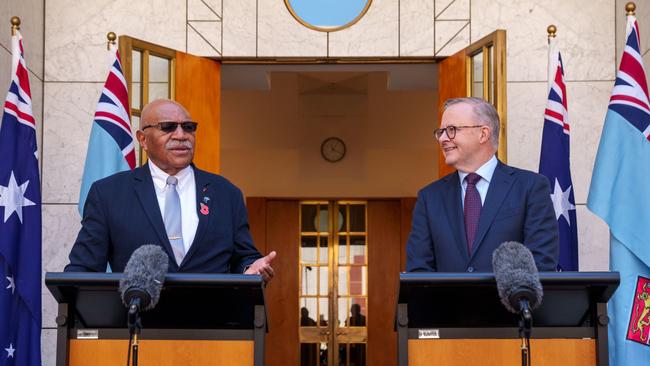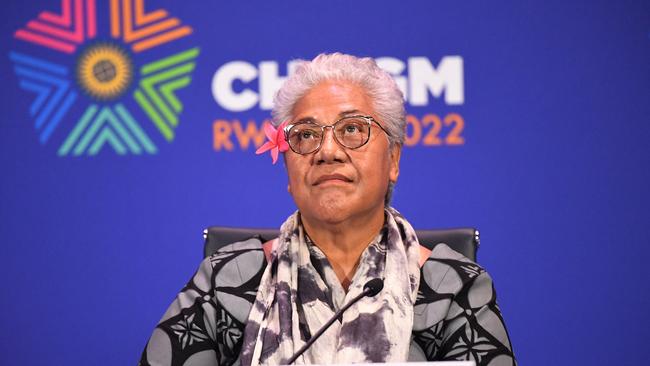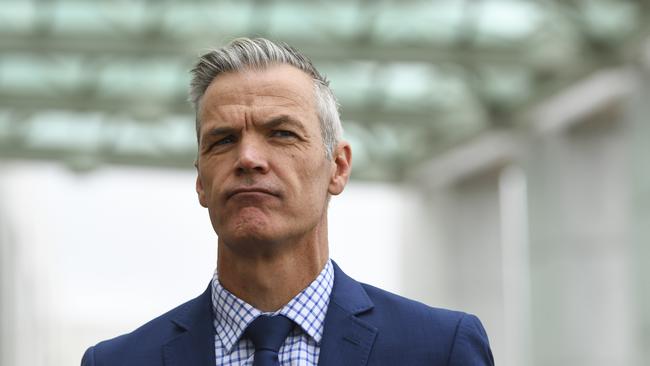Pacific ponders PALM pullback
Pacific nations considering capping workers released to the PALM scheme have exposed a lack of alternatives.
The ground beneath the federal government’s plan to solve agriculture’s labour shortage is shifting as Oceania leaders consider capping the number of workers released to the Pacific Australia Labour Mobility scheme.
The National Farmers’ Federation fears the Pacific “pullback” could yank the rug out from under agriculture given other workforce solutions “are thin on the ground”.
Last week Fiji Prime Minister Sitiveni Rabuka flagged a shake-up of that nation’s engagement in the program, including a potential reduction in unskilled and semi-skilled workers.
Mr Rabuka said that while Fiji was “grateful” the PALM scheme had provided employment for many of its unemployed and underemployed workers, he had already discussed a change in settings with Australian Prime Minister Anthony Albanese.

“In our talks we have looked at ways of improving the lot of workers and perhaps reduce the volume by increasing technical co-operation in our education so that if we maintain the volume, it will be more skilled, a bit more skilled, rather than the semi-skilled or unskilled,” he said.
That news followed Tonga, Vanuatu and Samoa also raising concerns around workforce depletion and flagging a review of participation rules.
Samoa’s Prime Minister Fiame Naomi Mata’afa told the ABC in August that while PALM had also been economically valuable for the nation, it was now “feeling the impact of losing our human resources”.

“We really do have to look at how we respond,” she said.
A spokesman for International Development and the Pacific Minister Pat Conroy said the government would “work closely” with Pacific governments to “ensure PALM continues to deliver benefits” for both Australia and labour sending countries.
However, NFF chief executive Tony Mahar said the government’s PALM “tunnel vision” had effectively placed all agriculture’s eggs in a scheme “nowhere near resolving our workforce challenges”.
“We’re already worried about proposed changes to the PALM both damaging our relationship with the Pacific and pushing some employers out of the scheme,” he said.
“Food security and affordability in Australia requires the agriculture industry having access to a reliable and productive workforce.”

In a speech to the National Press Club on Wednesday, outgoing NFF president Fiona Simson said the industry was frustrated by the Albanese government’s erasing of a dedicated ag visa “followed by a slashing of visa programs with nothing to take their place”.
There were 38,247 PALM workers in Australia at the end of September 2023.




